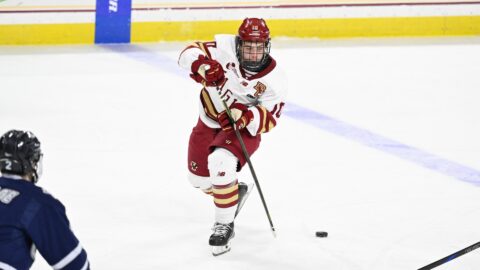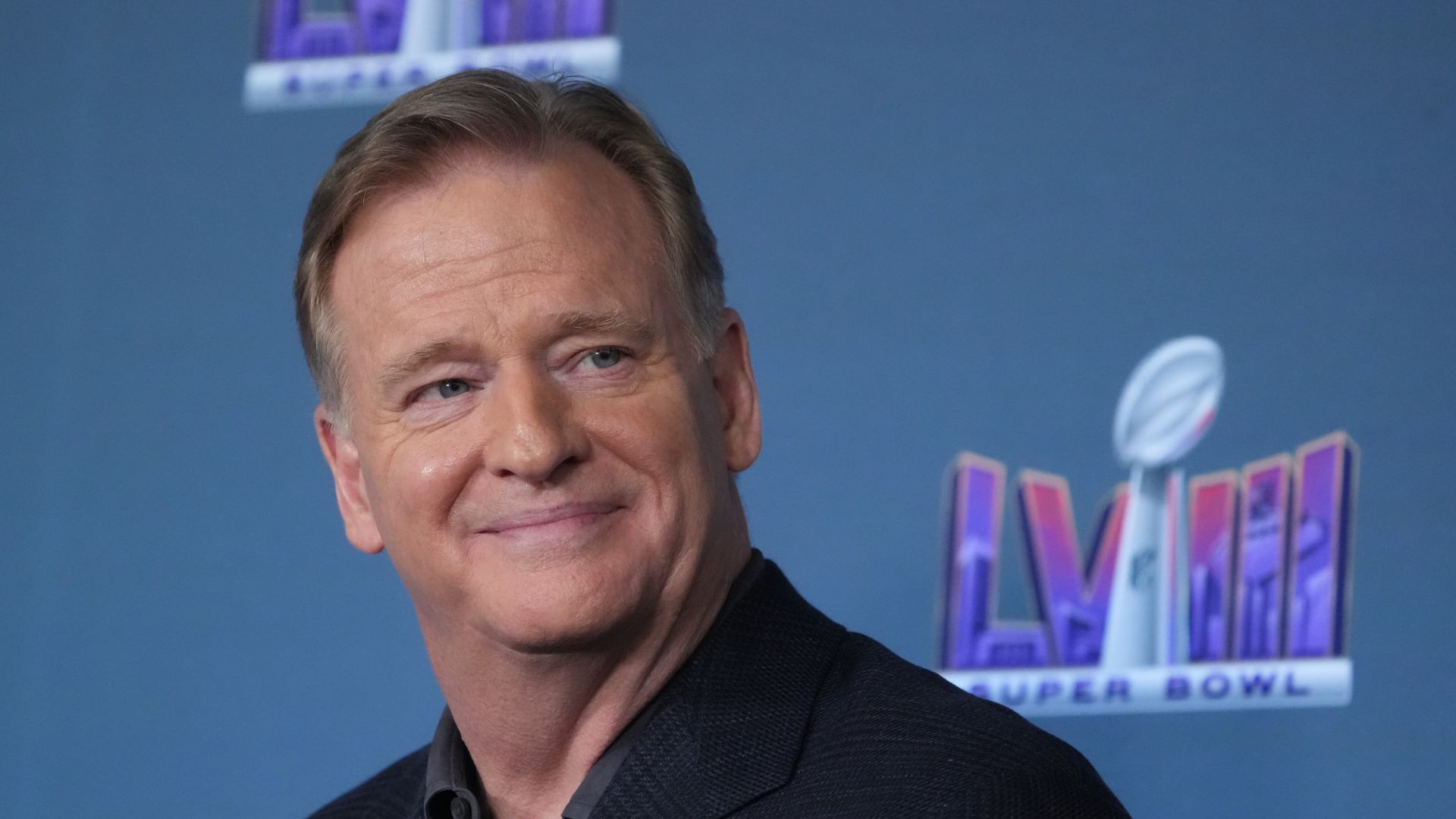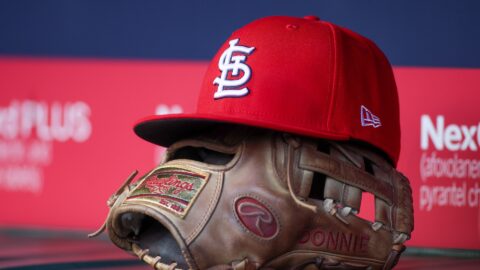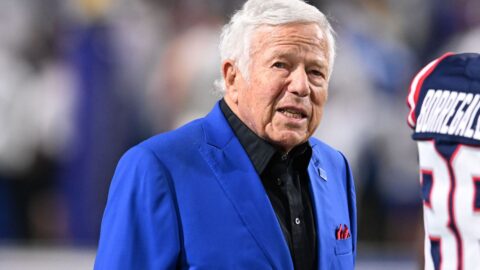The American League, long assumed to be the offensive brother in Major League Baseball, was supposed to come into its own in 2012.
A bevy of hitters were filling its ranks, and the National League coughed up two of its best sluggers, Albert Pujols and Prince Fielder, to long-term deals in the American League.
But heading into June, with 50 or so games complete, the storylines have of course shifted. Pujols has become known more this year for how he can't get hits (and especially power) as he ever was in his offensive quest toward greatest ever.
He's not the only slugger struggling. The American League's heavyweights — the Yankees, Red Sox, Angels and Tigers — are all finding it difficult to break .500. Much of the fault lies with their power hitters, from Adrian Gonzalez not sending many balls over the fence to Mark Teixeira sleeping offensively until last week.
The Tigers were a foregone conclusion at the beginning of spring training to take their division. But now, they have dipped to 23-25 after a 9-3 start. They haven't been able to get rolling this year despite a quality pitching staff and plenty of offense on the roster. Instead, they're chasing the Indians and White Sox for the American League Central, and even Kansas City (19-28) is only three and a half games behind them. The American League's marquee teams have been replaced in the standings with usually moribund clubs now flush with young talent.
But some Detroit players, like third baseman Miguel Cabrera, are feeling good about the experience and talent this Tigers team has.
"We want to be right in the first couple [of places in the division] in trying to get a chance to win the division in the last two months," Cabrera said. "We know there's a lot of young teams out there, and they play well. They have good guys, and we'll see how they'll [continue to] play, how they play with losses."
The veteran knows there is plenty of time. The Indians were the hottest team in the American League for much of last year before fading hard in the second half of the season.
"I think that the first three months you have a pattern, before the All-Star break," Cabrera said. "[You want to get it going] by September, when everybody starts to play tired."
Cabrera's teammate at first base, Fielder, will be part of the equation. Fielder came to Detroit on a nine-year, $214 million deal after spending his entire career in Milwaukee. He's been on bad Brewers teams and good ones, slow starters and instant contenders. With two months in the books, he said he's not seeing anything unusual.
"I don't think it's for the lack of effort," Fielder said. "I think everybody's playing hard. I think that's all you can do, anyway, so after that, we'll see what happens. You play hard and see what happens."
Fielder has had some adjustments coming to the American League, but dealing with a different level of play is not one of them.
"[It's] not so much the competition," he said. "I just think it's different just not being in the same place that you've been your whole career. I think the competition is just the same — you know, it's baseball. But as far as just not being in the same city as I started my career in, that's the different part."
Fielder's numbers haven't seen as much of dip as Pujols. He's hitting above average (.315), although his power numbers (seven home runs, 28 RBIs) are off pace.
As for getting adjusted, Fielder said his teammates have been great at welcoming him to the team. The longer the season goes, the easier it will be for everyone to convert the existing hard play into results.
The American League hasn't shaped up quite how many expected, but there's no saying the underachieving offensive brother can't make good on its new slugging members and go on a tear. There's plenty of baseball left.



